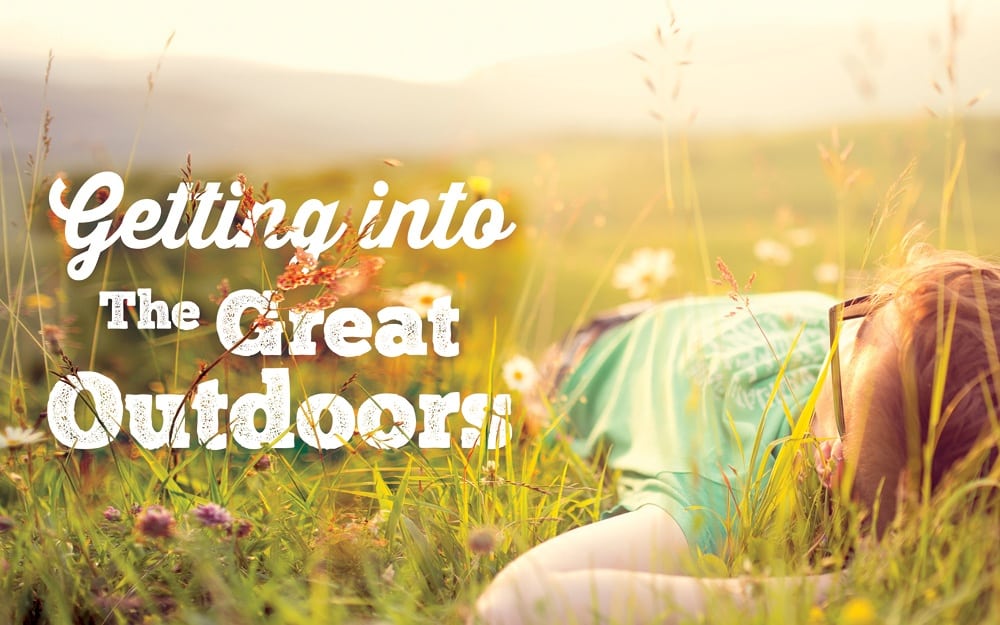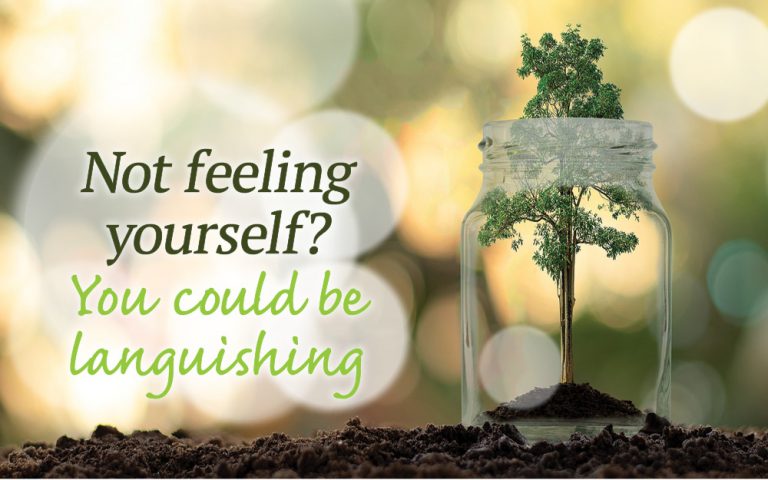Despite our intrepid image, Australia is an incredibly urbanised country by world standards, with almost 90% of our population living in or around cities.i The impact of this cosmopolitan living is a proclivity for the indoors, often resulting in sedentary lifestyles, which can augment rates of stress, depression and obesity. The antidote to all this is simple: get outdoors more often. Your body and mind will thank you for it.
The power of nature on the mind
The romantic poets wrote about it at length, and countless artists throughout history have reached the same conclusion: there is healing power in the magnificence of nature. Increasingly science is supporting this thesis, with research into the mental health benefits of being outdoors coming from all corners of the globe.
In Japan, for example, they have a tradition known as Shinrin Yoku, which basically translates as ‘forest bathing’. The idea being that you go into the woods for a length of time to calm down from city life. This practice has been shown to decrease cortisol levels as well as giving your immune cells a boost. In the States they have made similar findings, with research demonstrating that participants performed 50% better on creative problem-solving tasks after having spent three days in the wilderness.ii
By contrast, city dwellers are at much higher risk of developing anxiety and mood disorders than their rural counterparts. The reasons for this are manifold: traffic jams, excessive time seated in front of screens, the close proximity of everything and everyone – they all make it easy to get stuck in your head and sweat the small stuff. The beauty of nature by contrast is its vastness, how it can situate you in the ‘here and now’ and put your problems into perspective.
Body and soil
It appears the old saying ‘go outside and get some fresh air’ was more than just a trick your mother used to get you out of her hair. Indeed, the benefits of fresh air cannot be underplayed. Not only does the increase in oxygen help your white blood cells and thus your immunity, it also boosts your serotonin levels, ameliorating your mood and fostering a sense of well-being and joy.iii
Moreover, people who get outdoors more often are more likely to be exercising thereby producing endorphins. Even the decision to walk to the local shops rather than drive can have numerous benefits.
Cheap and easy
Getting outdoors doesn’t have to mean going on a five-day canoe trip or taking your swag to some remote location. It can be as simple as going to your local park. Australia has a legacy of public green spaces from Victorian times, as well as vast reserves of national parks not far from city centres. The best bit about them is that they are Complimentary for everyone and actually function as a social leveller. So why not take your bikes for a ride, pack a picnic with the kids, or enjoy a leisurely stroll with the dog around your local park.
To the future
The proof as they say is in the pudding, with governments around the world developing responses to the health problems associated with the concrete jungle. Many are starting to factor this into both their urban planning and public health policy. In Singapore they have long held the ‘city as a garden’ concept aiming to foster green spaces in municipal centres. Finland’s government endorses five hours of forest time every month to promote good mental health. Studies even showed that suburbs that are more heavily treed have residents with better heart and metabolic health. The same level of increase one would usually associate with a $20,000 rise in income.iv
With science on its side and governments the world over responding to our human need for nature, it seems clear that it’s something we could all use a little more of. Start with the little things—a morning walk around the block or some time out in the garden—and with warmer weather just around the corner, what better time to embrace the new, outdoorsy you.
i https://www.indexmundi.com/australia/urbanization.html
ii https://www.ncbi.nlm.nih.gov/pmc/articles/PMC3520840/
iii http://www.phantomscreens.com/resource/getting-fresh-part-1-the-health-benefits-of-fresh-air/
iv https://www.nature.com/articles/srep11610





































































